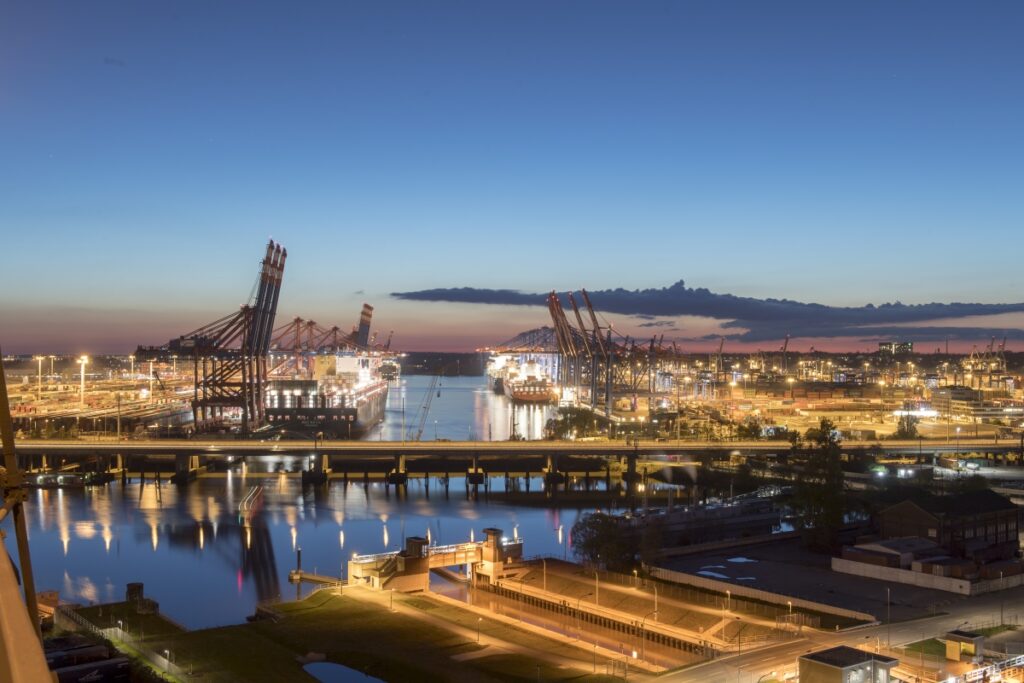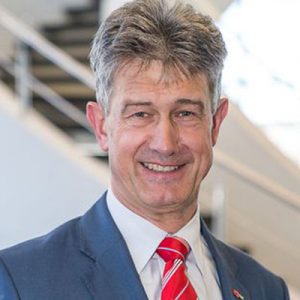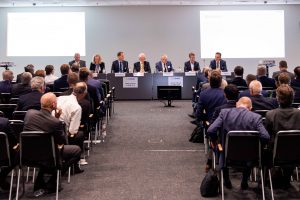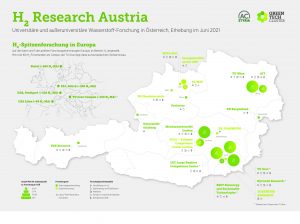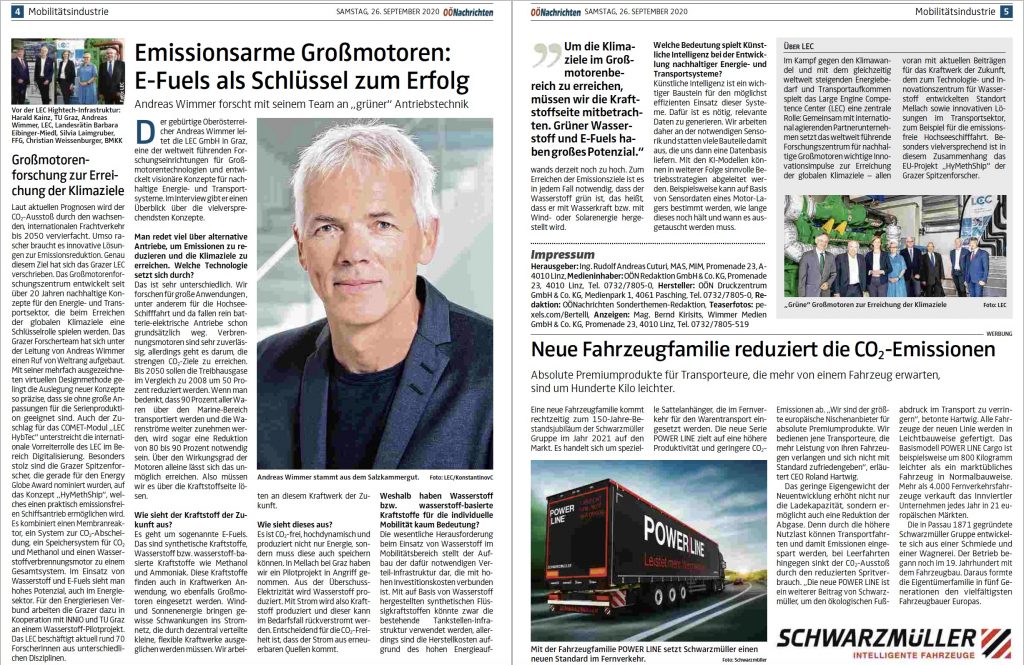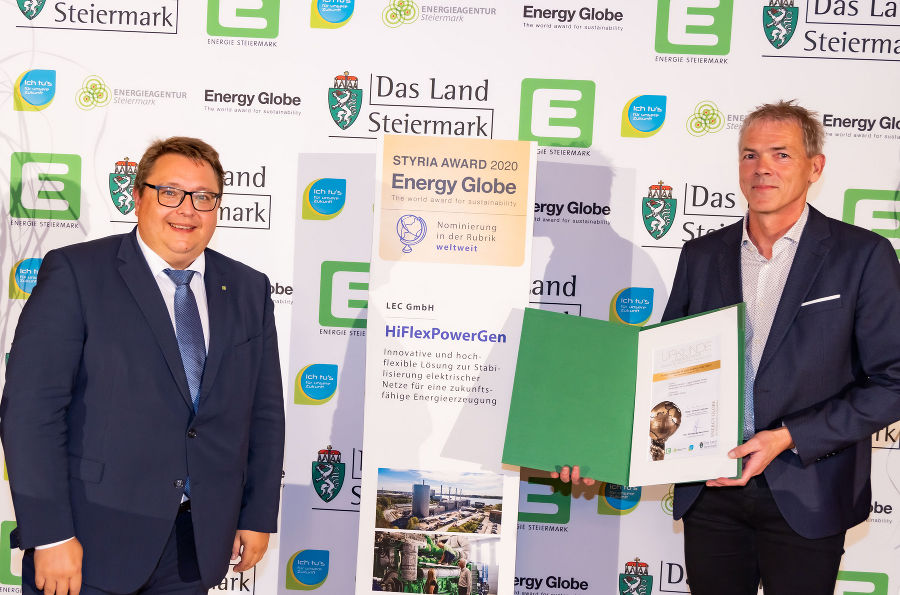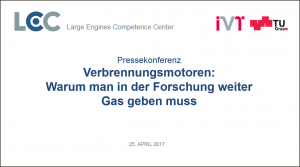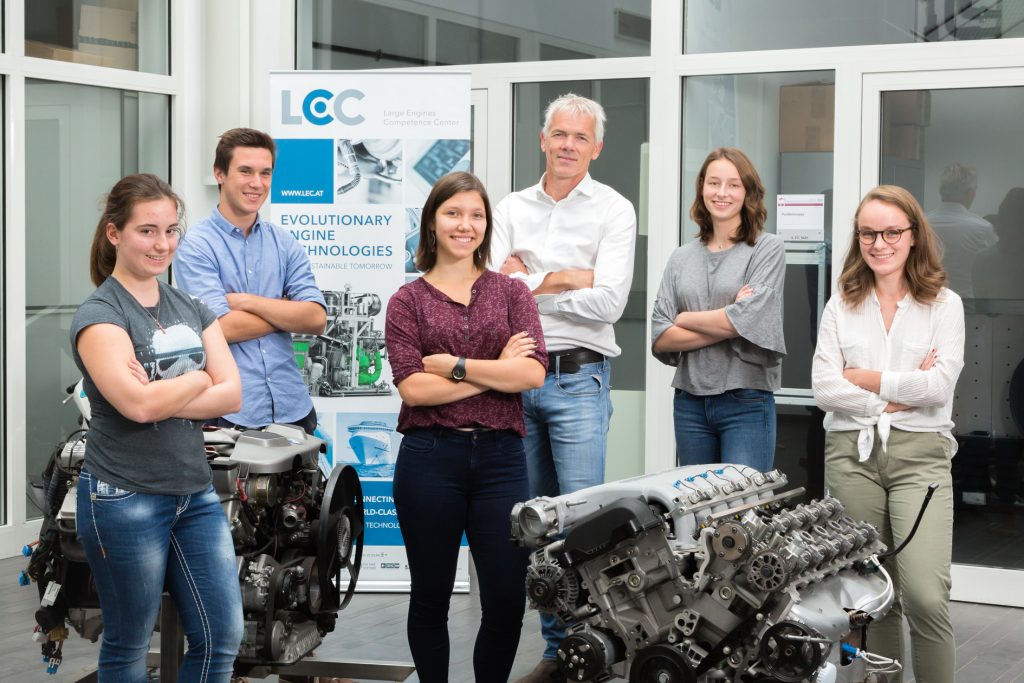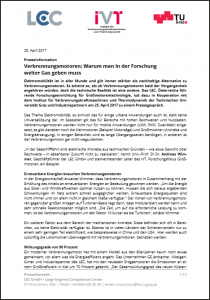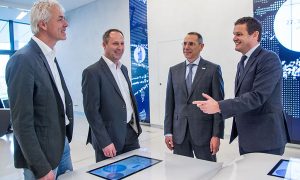Download : Press Information LEC_PA_20200708_Research for Climate Goals (PDF)
Download: Press Pictures (ZIP File, 8.5MB) © LEC GmbH, Fotograph Jorj Konstantinov
Download: Press Conference Presentation (PDF, German)
Publication of pictures and graphics permitted with copyright declaration © LEC GmbH
Download Presseinformation: LEC_PA_20200708_Forschung für Klimaziele (pdf)
Download: Pressefotos (ZIP File, 8.5MB) © LEC GmbH, Fotograph Jorj Konstantinov
Download: Pressegespräch Präsentation (PDF, 1.7MB)
Publikation von Fotos und Grafiken erlaubt mit Copyright-Angabe © LEC GmbH
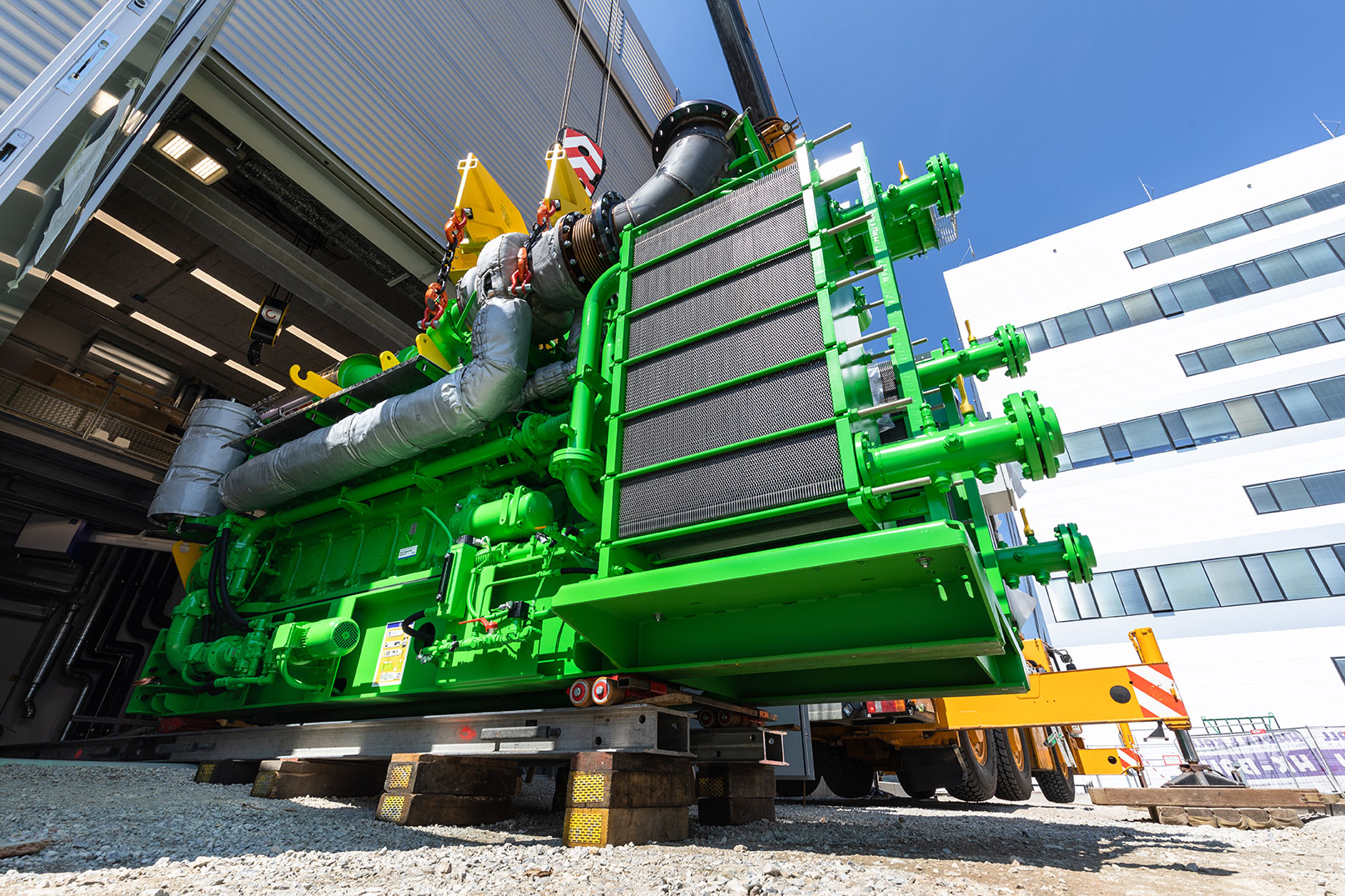
Anlieferung des INNIO Motors für den neuen LEC High Tech Prüfstand © LEC GmbH
Die Erderwärmung deutlich unter 2° Celsius halten, den Temperaturanstieg auf 1,5° Celsius begrenzen – und eine radikale Reduktion der Treibhausgasemissionen um 40% bis 2030 bzw. 100% bis 2050: Die Ziele des „Paris Abkommens“ sollen dem gefährlichen Wandel des Klimas entgegenwirken – dennoch steht die Klimaschutzvereinbarung im Widerspruch zu aktuellen Entwicklungen. Denn: Allein bis 2040 soll die weltweite Stromnachfrage – laut World Energy Outlook (WEO) – um bis zu 58 Prozent steigen, das weltweite Frachtvolumen soll sich laut OECD Studie bis 2050 verdreifachen und der CO2-Ausstoß wird sich damit um 160 Prozent erhöhen. Diese Entwicklungen machen den Ruf nach klimaschonenden Lösungen lauter denn je: Aus Österreich, das sich der Klimaneutralität bis 2040 verschrieben hat, stammen dafür zentrale Innovationsimpulse zur Erreichung der globalen Klimaziele. Verantwortlich dafür zeichnet insbesondere auch das Large Engine Competence Center (LEC): Das international renommierte Großmotorenforschungszentrum hat sich visionären Konzepten für nachhaltige Energie- und Transportsystemen verschrieben – und zählt zu den Pionieren, wenn es um neue Lösungen zur drastischen Emissionsreduktion geht.
Keeping global warming well under 2° Celsius, limiting the temperature rise to 1,5° Celsius and a radical reduction of greenhouse gas emissions by 40% by 2030 and 100% by 2050; the goals of the “Paris Agreement” are aimed at counteracting the dangerous change of the climate. Nevertheless, current developments contradict the climate protection agreement. According to the World Energy Outlook (WEO) the global demand for electricity is expected to rise by up to 58 percent by 2040 alone and the global freight volume will triple by 2050 according to an OECD study, increasing CO2 emissions by 160 percent. These developments make the call for climate-friendly solutions louder than ever. Austria, which has committed itself to climate neutrality by 2040, will provide central innovative impulses to achieve the global climate targets. The Large Engines Competence Center (LEC) is particularly responsible for this: The internationally renowned large engines research facility has committed itself to visionary concepts for sustainable energy and transportation systems, pioneering new solutions for drastic emission reductions.

Landesrätin Barbara Eibinger-Miedl
„Die Steiermark kann vor allem zwei Dinge tun, um den globalen Klimawandel aufzuhalten: Technologien und Lösungen entwickeln, um nachhaltiger, ressourcenschonender und klimaneutraler zu arbeiten und unser Land so gestalten, dass unser intaktes Lebensumfeld erhalten bleibt. Wirtschaft, Wissenschaft und Klimaschutz schließen einander in der Steiermark nicht aus, sondern arbeiten unter dem Schwerpunkt der Nachhaltigkeit erfolgreich zusammen. Diese Bemühungen wollen wir in Zukunft noch verstärken. Dem LEC kommt dabei eine internationale Rolle als Taktgeber für klimaschonende Innovationen zu“, betont die steirische Wirtschafts- und Wissenschaftslandesrätin Barbara Eibinger-Miedl.
Mit Wasserstoff und andere E-Fuels auf Überholspur

Prof. Andreas Wimmer, LEC
Im Zusammenhang mit „grünen“ Technologien kommt insbesondere den sogenannten „E-Fuels“ eine bedeutsame Rolle zu, unterstreicht Andreas Wimmer, CEO des LEC: „Wir sehen in Wasserstoff und den daraus abgeleiteten Kraftstoffen großes Potenzial für die Anwendung in Großmotoren, da diese E-Fuels bei der Verwendung von erneuerbaren Energien für die Stromerzeugung völlige CO2-Freiheit erreichen lassen. Darüber hinaus kann mit flüssigen E-Fuels wie Methanol, Amoniak oder Fischer-Tropsch-Kraftstoffen auch eine gute Speicherbarkeit und Transportfähigkeit gewährleistet werden. Das schafft die Basis für einen geringeren Infrastrukturaufwand“, erklärt der LEC-Geschäftsführer. Die Herausforderung bei den E-Fuels ist die für die Herstellung nötige CO2-freie Energie bei gleichzeitig vertretbaren Kosten aufzubringen.
Forschungsleuchtturm: Kraftwerk der Zukunft

Wolfgang Pell, Verbund
Um den Ausbau der dafür nötigen erneuerbaren Energien zu ermöglichen, entsteht in Mellach ein internationales Leuchtturmvorhaben: Ein zwei Millionen Euro schweres COMET-Forschungsprojekt am LEC schafft die Basis, um Wasserstoff in entsprechenden Kapazitäten zu produzieren, bereitzustellen und hochflexibel rückzuverstromen. Anwendung findet das Vorhaben im Kraftwerk Mellach, das zu einem Technologie- und Innovationszentrum weiterentwickelt wird.

Stephan Laiminger, INNIO Jenbacher
„Wasserstoffbasierte Anwendungen können dadurch auch in industriellen Leistungsgrößen im Megawatt-Bereich betrieben werden“, erklärt Verbund-Forschungsdirektor Wolfgang Pell. „Am Kraftwerksstandort Mellach – in zentraler Lage und ausgezeichnet über Schiene, Netz und Straße angebunden – arbeiten wir gemeinsam mit unseren Partnern LEC, INNIO und der TU Graz im „Reallabor“ des Kraftwerks an zukunftsweisenden Innovationsprojekten“, so der Verbund-Verantwortliche.
Die innovativen Wasserstoff-Motoren steuert das Tiroler Traditionsunternehmen INNIO (früher GE Jenbacher) bei: „Dabei verfolgen wir den Ansatz der Verbrennung von 100 % regenerativem Wasserstoff, der durch Elektrolyse mit Hilfe von gerade nicht benötigter Wasserkraft gewonnen wird. Das Verbrennungskonzept für die Motoren wird gemeinsam mit dem LEC entwickelt. Mit ihrer Brennstoffflexibilität bieten die Gasmotoren von INNIO beste Voraussetzungen um klimarelevante Ergebnisse zu erreichen.„, erklärt INNIO-Chief Technologist Stephan Laiminger.
Bis spätestens 2022 soll die erste Ausbaustufe des Wasserstoff-Technologiezentrums, die Anwendungen im Bereich zwischen ein und fünf Megawatt bedienen soll, realisiert werden. Das Mellacher Innovations- und Technologiezentrum für Wasserstoff soll dabei auch von der weltweit einzigartigen Forschungsinfrastruktur des LEC profitieren:
LEC Hightech-Infrastruktur als Forschungs-Fundament

Prof. Helmut List, AVL
Aktuell befindet sich einer der innovativsten Motorenprüfstände Österreichs im Grazer Forschungszentrum in Inbetriebnahme. Eingesetzt wird die neugeschaffene Infrastruktur auch beim Innovations-Projekt „Hy-MethShip“, das die drastische Reduktion von Treibhausgasemissionen im Marinebereich zum Ziel hat.Der hochflexible LEC-Prüfstand mit dem neuen Motor von INNIO ist mit umfangreichen und hochspezifischen Messtechnologien der heimischen AVL ausgestattet, die ebenso hohes Potenzial in „E-Fuels“ ortet:
„Die synthetisch hergestellten Kraftstoffe werden stark an Bedeutung gewinnen, da sie CO2-freie Mobilität, große Reichweiten sowie kurze Tankzeiten ermöglichen. Es zeigt sich, dass gemeinsame Forschung und Innovation – etwa mit dem LEC – einmal mehr der wichtigste Schlüssel im Kampf gegen den Klimawandel ist“, sagt AVL-CEO Helmut List.
Im Einklang mit Österreichs Klima- und Wasserstoffstrategie

Rektor Harald Kainz, TU Graz
Die globale Strahlkraft der Forschungsaktivitäten hebt Harald Kainz, Rektor der Technischen Universität Graz, hervor: „Die gemeinsame Weiterentwicklung des Kraftwerks Mellach zu einem Technologie- und Innovationszentrum für Wasserstoff unterstreicht die enge Verzahnung zwischen Forschung und Wirtschaft. Als LEC und TU Graz bringen wir eine hohe internationale anerkannte Forschungsexpertise im Bereich der erneuerbaren Energien ein, um wesentlich zu Emissionsreduktion und Effizienzsteigerung beizutragen.“

Klaus Pseiner und Henrietta Egerth, FFG
Für Henrietta Egerth und Klaus Pseiner, Geschäftsführer der Forschungsförderungs-Gesellschaft FFG, sind die aktuellen Entwicklungen Bestätigung für den nachhaltigen Erfolg des Spitzenforschungsprogramms COMET, das maßgeblich die Forschung am LEC ermöglicht: „COMET-Zentren, wie beispielsweise das LEC als eine der weltweit führenden Forschungseinrichtungen für Großmotorentechnologien, haben eine große Bedeutung und geben Österreich eine echte Vorreiterrolle, wenn es darum geht, die Entwicklung in klimafreundliche Zukunftstechnologien nachhaltig voranzutreiben und Arbeitsplätze langfristig zu sichern oder neu zu schaffen.

Christian Weissenburger, BMK
Denn durch die Zusammenarbeit von Unternehmen und Forscherinnen und Forschern den COMET-Projekten und -Zentren gelingt es, neue Entwicklungen rascher auf den Markt zu bringen und einen wichtigen Beitrag zur Erreichung der globalen Klimaziele zu leisten.“ Christian Weissenburger, Leiter der Sektion „Innovation und Technologie“ im Klimaschutzministerium, freut sich, „dass ambitionierte Forschungsthemen etabliert und damit neue Stärkefelder aufgebaut werden, um den Wirtschaftsstandort Österreich auch für zukünftige Herausforderungen insbesondere im Bereich des Umwelt- und Klimaschutz zu wappnen. Die Aktivitäten des LEC leisten einen wichtigen Beitrag zum Ziel des Regierungsprogramms, Österreich bis 2040 klimaneutral zu machen. Da viele Umweltprobleme globaler Natur sind bzw. mit den grenzüberschreitenden Effekten der Globalisierung der Wirtschaft zusammenhängen ist eine internationale Zusammenarbeit unerlässlich. Auch hier spielt das LEC mit seinem weltweiten Netzwerk eine wichtige Rolle.“
Über die LEC GmbH
Das Large Engines Competence Center, kurz LEC, ist eine der weltweit führenden Forschungseinrichtungen für Großmotorentechnologien und entwickelt innovative Lösungen für nachhaltige Energie- und Transportsysteme. Rund 70 Mitarbeiterinnen und Mitarbeiter werden aktuell am LEC beschäftigt, der Frauenanteil liegt aktuell bei 18%, ein überdurchschnittlich hoher Anteil für die Branche.
Mit seiner Forschung trägt das LEC wesentlich zur massiven Emissionsreduktion und Effizienzsteigerung und damit zur Erreichung der globalen Klimaziele bei. Der Forschungsfokus des COMET-K1-Zentrums LEC EvoLET – als Teil der LEC GmbH – liegt auf der Optimierung des Gesamtsystems, dem Einsatz erneuerbarer Energien und der Integration und Weiterentwicklung neuer digitaler Technologien. Mit dem COMET-Modul LEC HybTec wird der Forschungsschwerpunkt noch intensiver auf die Einbindung von KI & Big Data Methoden gelegt, um bislang nicht modellierbare Phänomene abzubilden. Das LEC verfügt dazu am Campus der TU Graz über eine weltweit einzigartige Prüfstandsinfrastruktur mit Einzylinder-Forschungsmotoren. Das Partnerkonsortium umfasst wesentliche Technologieführer im Bereich von innovativen Motorentechnologien, darunter viele Weltmarktführer. Dieses internationale Partnernetzwerk, das COMET-Forschungsprogramm der österreichischen Forschungsförderungsgesellschaft FFG und die einzigartige Infrastruktur bieten die idealen Rahmenbedingungen, um maßgeschneiderte Lösungen für die Industrie zu entwickeln und Innovation zu fördern. Interessierten ForscherInnen bietet das LEC hervorragende Perspektiven. Eigentümervertreter sind die Firmen INNIO Jenbacher und HOERBIGER sowie die Technische Universität Graz und die Montanuniversität Leoben. Das COMET-Zentrum wird vom Bundesministerium für Klimaschutz, Umwelt, Energie, Mobilität, Innovation und Technologie (BMK) und vom Bundesministerium für Digitalisierung und Wirtschaftsstandort (BMDW) sowie den Bundesländern Steiermark, Tirol und Wien gefördert.
Weitere Informationen unter www.lec.at
Kontakt:
LEC GmbH • Large Engines Competence Center
Nina Simon | Mobil: +43-664-426 40 40 | email: nina.simon@lec.tugraz.at

Landesrätin Barbara Eibinger-Miedl
The Styrian Secretary of Economy and Science Barabara Eibinger-Miedl accentuates: „Styria can do two things above all to stop global climate change: developing technology and solutions in order to operate in a more sustainable, resource-saving and climate-neutral manner and secondly shape our federal state in such a way that preserves our intact living environment. Economy, science, and climate protection are not mutually exclusive in Styria; they cooperate successfully under the focus of sustainability. We want to intensify these efforts in the future. The LEC holds an international role as a driving force for climate-friendly innovations.“
On the Fast Lane with Hydrogen and Other E-Fuels

Prof. Andreas Wimmer, LEC
Andreas Wimmer, CEO of the LEC, emphasizes, that in connection with „green“ technologies, so called „E-Fuels“ in particular play an important role. „We see a large potential in hydrogen and the fuels derived from it for use in large engines, because these e-fuels enable energy-generation completely free of CO2 when renewable energy is used. In addition, good storability and transportability can be guaranteed when using liquid E-Fuels such as methanol, ammonia, or Fischer-Tropsch-fuels. This creates the basis for a reduced infrastructure expenditure.“ The challenge concerning E-Fuels is to provide the CO2-free energy required for their production at a reasonable cost.
Research Beacon: Power Plant of the Future

Wolfgang Pell, Verbund
In order to facilitate the expansion of the renewable energies required for this, an international lighthouse project is being built in Mellach, Styria: A two million euro COMET research project at the LEC is the basis for producing and supplying hydrogen in the required quantities as well as for reconverting it to electricity in a highly flexible way. This project will be carried out at the power plant in Mellach, which was developed into a center for technology and innovation.

Stephan Laiminger, INNIO Jenbacher
„As a result, hydrogen-based applications can also be operated at industrial power levels in the megawatt range.“ Wolfgang Pell, research director of Verbund, Austria’s largest energy provider, further explains: „At the power plant site Mellach – centrally located with excellent rail, network and road connections – we work together with our partners LEC, INNIO and the University of Technology Graz in the “Real-World Laboratory” of the power plant on future-oriented innovation projects.“
The long-established company INNIO in Tyrol (formerly known as GE Jenbacher) supplies the innovative hydrogen engines. Stephan Laiminger, Chief Technologist at INNIO explains: “We are pursuing the approach of burning 100 % regenerative hydrogen, which is obtained by electrolysis using water power that is currently not needed. The combustion concept for the engines is being developed jointly with the LEC. With their fuel flexibility, INNIO’s gas engines offer the best conditions for achieving climate-relevant results.”
Until 2022 at the latest the first expansion stage of the hydrogen technology center, which will service application between one and five megawatt, will be realized. In addition, the innovation and technology center for hydrogen in Mellach will profit from the LEC’s unique research infrastructure.
LEC High-Tech Infrastructure as a Foundation for Research

Prof. Helmut List, AVL
One of Austria’s most innovative engine test beds is currently operated at the research facility in Graz. This newly created infrastructure is also applied to the innovation project “HyMethShip”, which aims to drastically reduce greenhouse gas emissions in the naval segment. The highly flexible LEC test bed with new INNIO engines is equipped with expansive and highly specific measuring technology by the local company AVL, which also recognized the high potential of E-Fuels.
AVL CEO Helmut List states: “Synthetically produced fuels will gain importance, because they make CO2-free mobility, covering long distances, and short refuelling times possible. It has been shown, that joint research and innovation – for example with the LEC – is once again the most important key in the fight against climate change.”
In Harmony with Austria’s Climate and Hydrogen Strategy

Rector Harald Kainz, TU Graz
Harald Kainz, Rector of the University of Technology Graz, emphasizes the global appeal of the research activities: “The joint development of the power plant in Mellach into a technology and innovation centre emphasizes the close link between research and the economy. The LEC and University of Technology Graz contribute a high level of internationally recognised research expertise in the field of renewable energies in order to make a significant contribution to reducing emissions and increasing efficiency.”

Klaus Pseiner and Henrietta Egerth, FFG
For Henrietta Egerth and Klaus Pseiner, Managing Directors of the Research Promotion Agency FFG, the current developments are confirmation of the sustained success of the top research programme COMET, which makes research at the LEC possible: “Comet-Centres, such as the LEC, one of the world’s leading research institutes for large engine technologies, are of great importance. They give Austria a pioneering role when it comes to sustainably advancing development in climate-friendly future technologies and securing as well as creating jobs in the long term.”

Christian Weissenburger, BMK
“This is because the cooperation between companies and researchers in COMET projects and centers makes it possible to bring new developments to market more quickly and to make an important contribution to achieving global climate goals.” Christian Weissenburger, head of the „Innovation and Technology“ section in the Ministry of Climate Protection, adds: “Ambitious research topics are being established and new fields of strength are being developed in order to prepare Austria as a business location for future challenges, especially in the field of environmental and climate protection. The research activities of the LEC make an important contribution to the goal of the government programme to make Austria climate-neutral by 2040. As many environmental problems are of a global nature or are related to the cross-border effects of economic globalisation, international cooperation is indispensable. Here, too, the LEC with its worldwide network plays an important role“.
About the LEC GmbH
The Large Engines Competence Center, LEC for short, is one of the world’s leading research institutions for large engine technologies and develops innovative solutions for sustainable energy and transport systems. Roughly 70 people are currently employed at the LEC, 18% of which are women, an above average proportion for the industry.
With its research, the LEC contributes significantly to massive emission reductions and efficiency increases and thus to the achievement of global climate targets. The research focus of the COMET K1 Centre LEC EvoLET – as part of LEC GmbH – is on the optimisation of the overall system, the use of renewable energies and the integration and further development of new digital technologies. With the COMET module LEC HybTec, the research focus is even more intensively placed on the integration of AI & Big Data methods in order to map phenomena that have not been modelled so far. For this purpose, the LEC has a worldwide unique test bench infrastructure with single-cylinder research engines on the campus of Graz University of Technology. The partner consortium includes major technology leaders in the field of innovative engine technologies, including many world market leaders. This international partner network, the COMET research program of the Austrian research promotion agency FFG and the unique infrastructure provide the ideal framework conditions for developing tailor-made solutions for industry and promoting innovation. The LEC offers excellent perspectives to interested researchers. Owner representatives are the companies INNIO Jenbacher and HOERBIGER as well as the Graz University of Technology and the University of Leoben. The COMET Center is funded by the Federal Ministry for Climate Protection, Environment, Energy, Mobility, Innovation and Technology (BMK) and the Federal Ministry for Digitalization and Business Location (BMDW) as well as the federal states of Styria, Tyrol and Vienna.
For further information visit www.lec.at
Contact:
LEC GmbH • Large Engines Competence Center
Nina Simon | Phone: +43-664-426 40 40 | Email: nina.simon@lec.tugraz.at
]]>
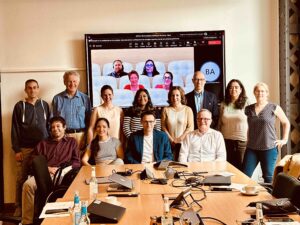





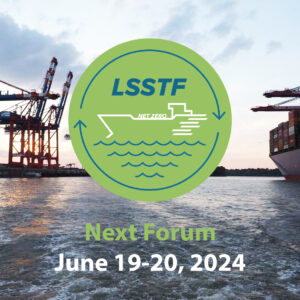
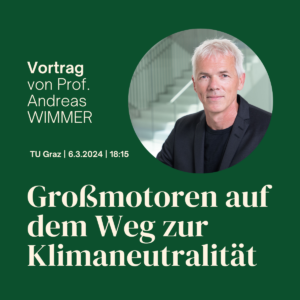
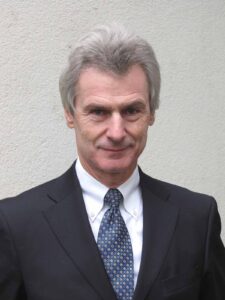


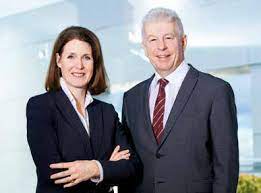

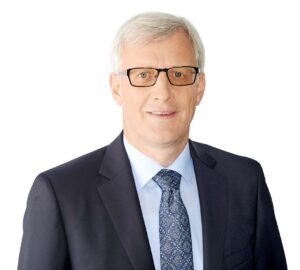



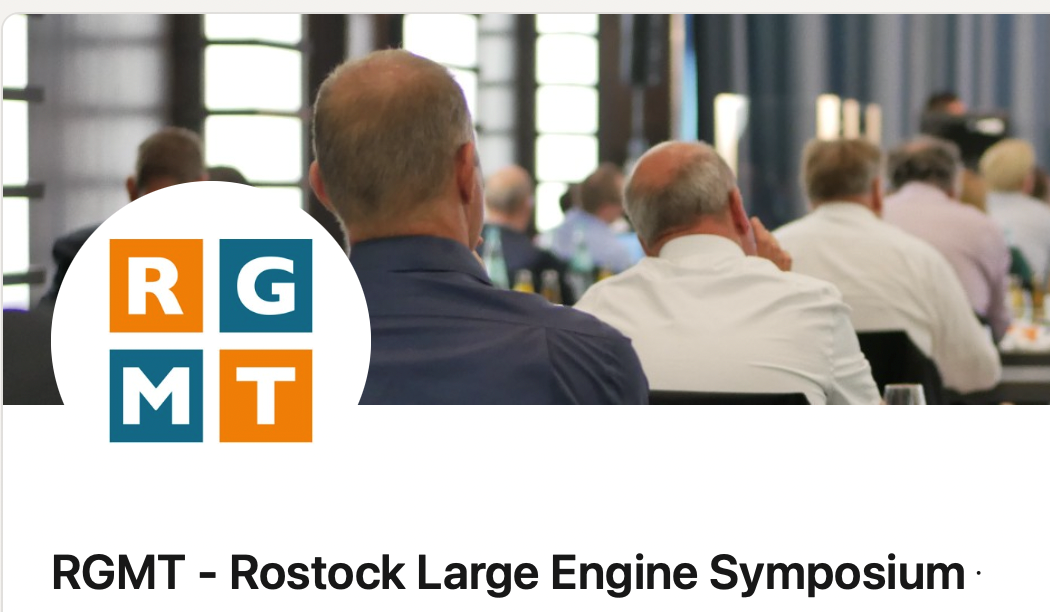
 ]]>
]]>
